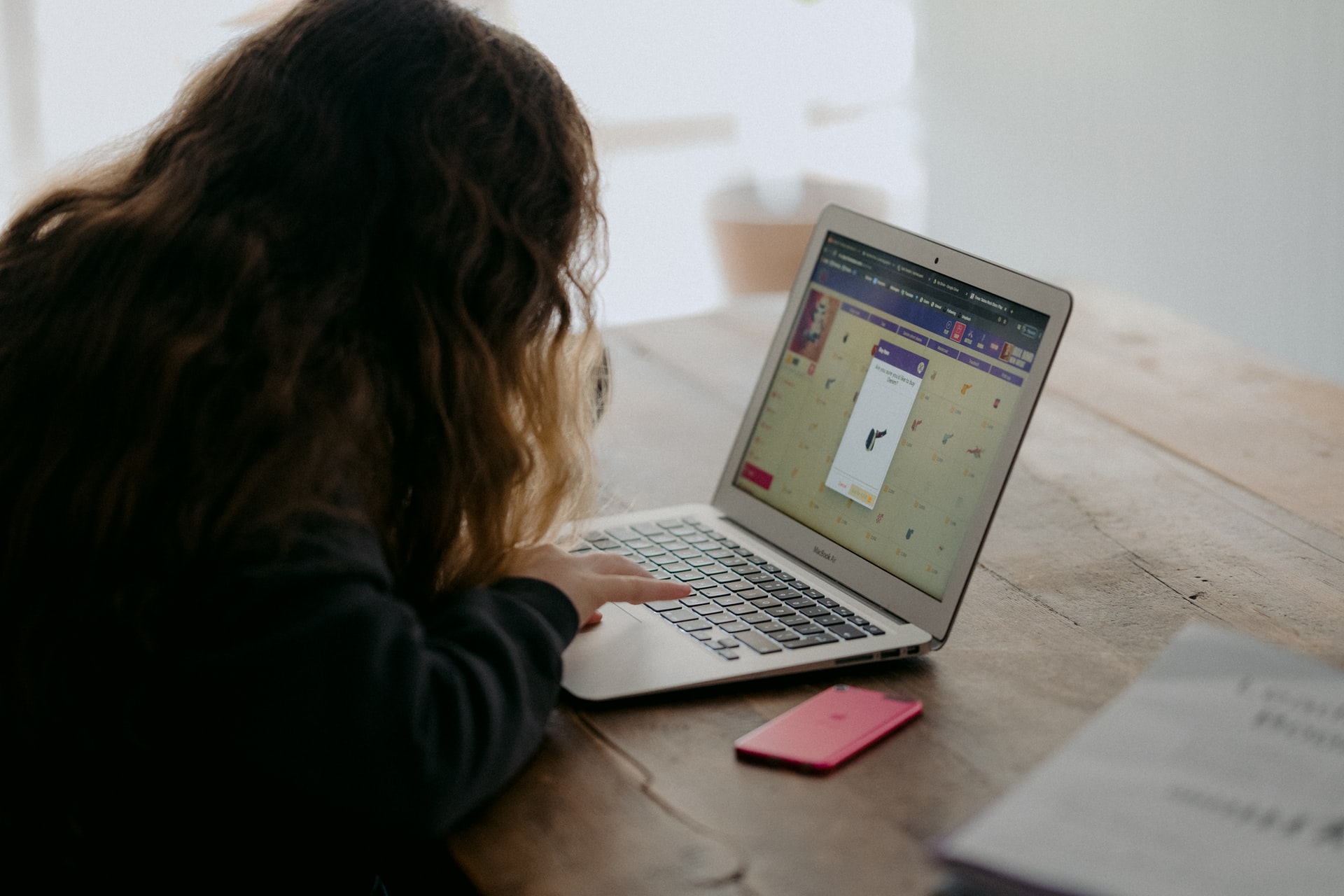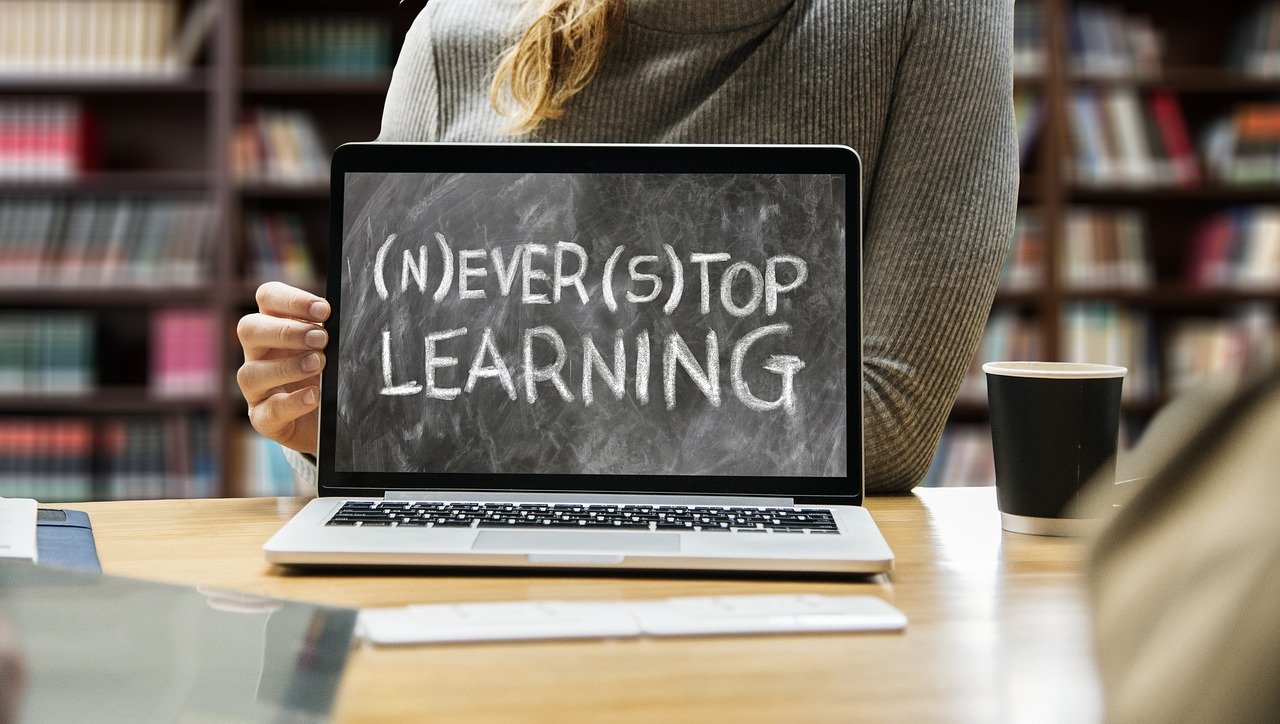10 Tips for Maximizing a Virtual PD Event

One good result of the epidemic was an increase in the number of virtual conferences available. People from all around the globe could attend conferences that they could never have imagined attending in the past due to distance, cost, and time commitments.
Virtual conferences, such as ISTELive, were born out of need, but now that so many people have participated in them, they are unlikely to go totally, even after the pandemic has passed.
There will undoubtedly be a learning experience for individuals who have never used virtual conferencing, as well as those who have. Here are my top ten suggestions for making the most of your next virtual meeting.
- Clear your schedule.
Pretend you’re out of town for an in-person conference. Quit your email, turn off notifications, and put your phone somewhere safe. Put a holiday responder notification on email and an out-of-office message on your common calendar if possible. Most people don’t think about it for a virtual event, but they do it automatically when they attend in person. Remember, your email will be waiting for you when you return!
- If possible, attend live sessions.
We all (including myself) bookmark and store stuff to return to it later, but we nearly never do, in part, because there are always new websites, resources, and emails to divert us the next day! If you do not attend in person, you may never see the presentation recordings and thus miss out on the opportunity to ask questions or obtain a new concept to share with your students. Be mindful of your background.
- Use chat to communicate with others.
If you were sitting face to face, you would greet those around you and possibly strike up normal conversations. During a session, you may do the same thing in the chat: ask a question, share a resource, and give the speaker a shout-out when you agree to something. Remember that casual chats with folks in our PLNs provide a big portion of what we learn. Unless you are paying close attention, turn off your video.
- Be mindful of your background
It’s distracting as a presenter to see individuals eat, engage with spouses, or get up to do anything else. Try to give the same politeness virtually as you would if someone were speaking directly in front of you.
- Switch off your video unless you are paying careful attention.
It’s distracting as a presenter to see individuals eat, engage with spouses, or get up to do anything else. Try to give the same politeness digitally as you would if somebody was talking directly in front of you.
- Follow the event hashtag on Twitter and tweet, retweet, and engage!
This is an excellent approach to not only gaining extra information but also expanding your professional learning network. Interacting with other individuals in this manner generates an incredible amount of energy. Even if you are attending from your kitchen table, positive energy will help you stay involved and interested in the event.
- During sessions, take some notes and save links.
As much as I enjoy computers, I also enjoy writing notes on good old-fashioned paper. Often, I’ll hear a concept during a lecture that sparks an idea of my own. If I don’t write them down, I’ll lose the notion as soon as it enters my mind. Do you have any coworkers that are joining the same online event? I know a few people who will be exchanging notes after the event. This allows me to stay even more present at the moment, knowing that people may inquire about the comments I took.
- Keep a fidget toy on hand!
When watching an online presentation, I tend to multitask (ineffectively), but I find that if I have a fidget toy in my hands, I can focus a little longer and not use my fingers to type or browse away to my second screen.
- Offer feedback.
Presenters work hard to prepare and may still get nervous. If they ask for participation and you can participate, do so. If you were face to face in a PD session and the presenter asked everyone to stand, would you be the only one to sit?
- Be gracious to presenters.
These are strange times for all of us, and many people learn to adapt to changing circumstances. Not everyone is at ease presenting online. It’s fine if a presenter tries anything new and it doesn’t work. Give them some leeway. Remember, we’re all in this together for the same reasons: to build our capacity, improve our practice, and discover new ways to help our students succeed.






